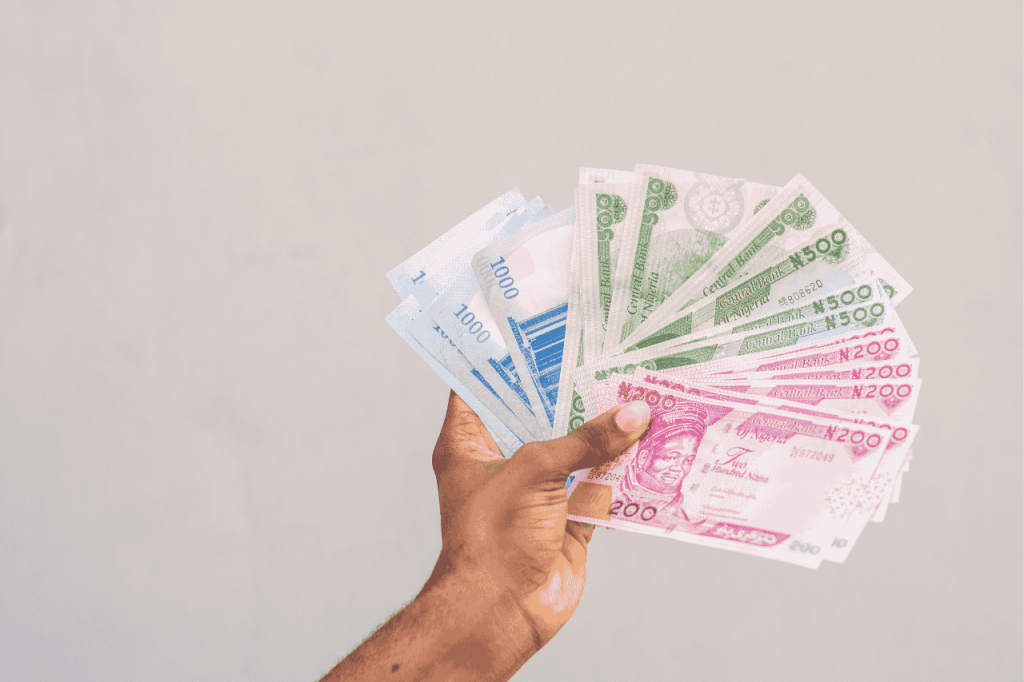Nigeria’s Naira notes continue to wear out rapidly, sparking concern among citizens and financial experts. According to Mr. Okechukwu Unegbu, former President of the Chartered Institute of Bankers of Nigeria (CIBN), the main culprit is poor production quality.
“Our past CBN governors gave us low-quality notes. Two hand exchanges, and they’re already bad,” Unegbu said.
He blamed unpatriotic practices in the printing process, contrasting the Naira’s fragility with the durability of currencies like the dollar and pound.
Mishandling by the Public
Banker Suleiman Aliu added that Nigerians often disrespect the Naira by squeezing or spraying it, while handling foreign currencies with care.
“The way we treat the Naira shows a lack of value for our own currency,” he said.
Aliu called for more public awareness and education on proper Naira handling.
CBN’s Clean Notes Policy
To address the issue, the Central Bank of Nigeria (CBN) introduced the Clean Notes Policy, which sets standards for banknote production, fitness, and recirculation. The policy also mandates regular sensitisation to reduce abuse and the cost of replacing damaged notes.
Despite this, citizens like civil servant Rabi Usman believe enforcement is still weak, especially as even recently redesigned notes deteriorate quickly.
A Shared Responsibility
Improving the Naira’s lifespan requires both better production and more respectful handling by the public. With billions spent annually on replacing damaged notes, it’s time for both the CBN and Nigerians to protect the value and integrity of the country’s currency.

